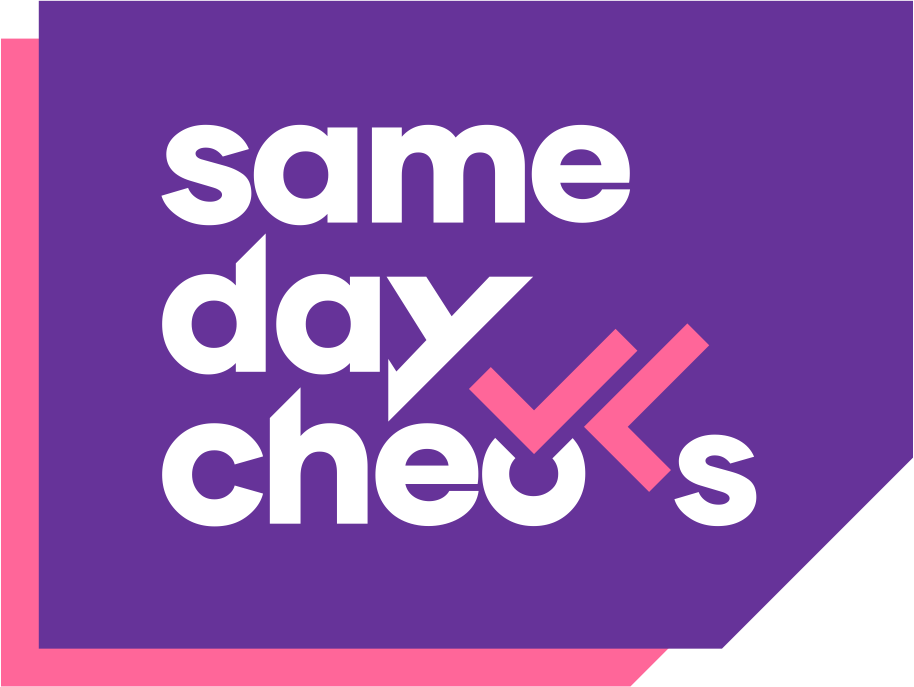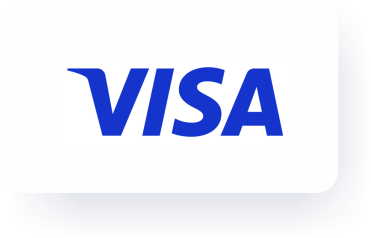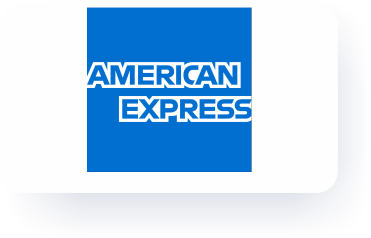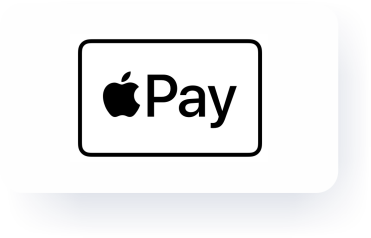In the UK, businesses view background checks as vital when taking on new staff. This is because checks allow companies to confirm an employee is capable and trustworthy. If thorough investigations are done, firms can avoid legal problems and safeguard their reputation.
Background checks are particularly key if employers want to keep their workplaces secure. Taking on someone who isn’t suitable could lead to issues including fraud, theft or unsafe working practices: all things that can be reduced by vetting employees. Checks also mean firms are compliant with British employment law.
Criminal Record Checks
What is a DBS Check?
In the United Kingdom, one of the most common ways an employer can check someone’s criminal history is via a DBS (Disclosure and Barring Service) check. There are three tiers of check available – Basic, Standard and Enhanced. A Basic DBS check reveals only unspent convictions; if you request a Standard DBS check, this will show both spent and unspent convictions. An Enhanced DBS check provides further details which might be relevant for jobs involving a lot of contact with children or vulnerable adults – for instance people’s cautions or reprimands. What each level has in common though is that when they run a check on you, any criminal record information will be disclosed in line with current legislation.
If you use an accredited company to carry out staff vetting such as VVerify then it does not have to be a complicated process.
When are Criminal Record Checks Required?
In the UK, various sectors require employees to undergo criminal record checks ; this is particularly important for people working with children or vulnerable adults.
In addition to healthcare and jobs in education, there are many other fields where you may need a criminal record check before starting work (or at least be asked questions about this subject during your job interview).
Bank and building society employees; general insurance brokers; stockbrokers, Chiropodists, chiropractors, osteopaths… all have to pass checks because they are regulated by City watchdogs do quite different types of finance-related jobs – but both will need checks.
It can also extend to people working in legal services; accountancy firms handling probate work; traffic wardens, taxi drivers, private hire car chauffeurs.
But someone wanting to become an investment banker might find it harder to get into the industry with a fraud rap.
Right-to-Work Checks
What is the Right to Work Check?
To confirm that someone is legally permitted to work in the UK, they must undergo a right-to-work check. Employers must examine and make copies of original documents (like passports) to ascertain this. Sometimes, it’s necessary for them to use the Home Office’s online checking service too. The purpose of these verifications is to prevent illegal working and ensure that the only individuals being taken on by an employer are those who can legitimately work there.
Why is it important?
Not doing a Right to Work check can have serious consequences. In the UK, employers might be fined for each illegal worker if they skip this task. But it’s not only because the law says so – businesses also need to safeguard their reputation and make sure things carry on running smoothly. If all staff and subcontractors have the right to work here, it reduces the chance of anything going wrong that might lead to costly fines or damage to their standing among customers and others they work with.
Identity Verification
How Do Businesses Verify Identity?
Verifying identity is a crucial aspect of recruitment. Generally, businesses verify someone’s identity by inspecting papers like national ID cards, driving licenses or passports. Digital services for confirming identities are increasingly popular; they speed up the process and make it more secure. It’s vital to check that candidates are being truthful about who they are.
Checking identity is crucial in stopping fraud and keeping workplaces secure. If companies don’t check identities, they could be vulnerable to risks like employing people under false names. Checking IDs means the individual you employ really is who they say – and that it’s safe for them to work in your business!
Employment History and Reference Checks Importance of Verifying Employment History
Checking a potential employee’s work history is important for confirming that their experience matches their resume. Employers need to be sure applicants possess the skills and experience they claim to have. It also helps businesses learn about an applicant’s career progression and work ethic – basically, whether or not they are suitable for the job they’ve applied for.
How References Are Usually Checked
References are usually checked by phoning or emailing an applicant’s old bosses. Sometimes, online tools designed for checking references are used as well. Managers can be asked questions about how well an applicant performed at work, their attitude, and if they were reliable VVerify offers a fast service collecting references for employers and enabling them to gain accurate information quickly.
Credit History Checks
Positions involving fiscal trustworthiness typically call for checks on credit history. If a job involves cash transactions, budgetary decisions or monetary planning, insights into an individual’s financial reliability can be crucial – this will also provide some idea of how well company funds might be managed. Remember, of course, that asking someone’s permission is usually a good idea!
Education and Qualification Checks
Checking a candidate’s education and qualifications is important to confirm they have the skills necessary for the job. For positions requiring specific technical knowledge or skills, it is essential that candidates possess relevant certifications. Neglecting to verify these documents could result in expensive errors if an unqualified person is hired.
Companies can confirm someone’s qualifications by contacting schools, colleges or universities – or by using online verification services. This will check that degrees, diplomas or teaching certificates seen on a CV are genuine. VVerify provides trustworthy checking facilities for businesses wanting to confirm someone’s educational background; its systems are easy to use.
Health and Medical Checks
When Are Health Checks Required?
Certain sectors like construction, transportation and healthcare may make health assessments compulsory. These are to establish whether employees are fit enough for the physical demands of their job without putting themselves or others at risk. For example, drivers need to have good eyesight and people doing heavy work need to meet certain health standards so they don’t get injured.
Privacy and Legal Compliance
It is important to handle health checks with care so as not to invade employee privacy. Businesses also need to abide by GDPR rules: Medical details have to be kept confidential and used only for the reason they were obtained in the first place. VVerify assists businesses in making sure their health check procedures comply with privacy laws.
Conclusion
For UK businesses, background checks are vital – they provide compliance and security. Checks from criminal records to health screenings make sure employees/contractors are suitable for their roles. By using VVerify (a service), businesses can guarantee accuracy and compliance with the law at all stages – as well as speed up the process. In short: comprehensive background checks aren’t simply useful for British firms; they’re essential.




